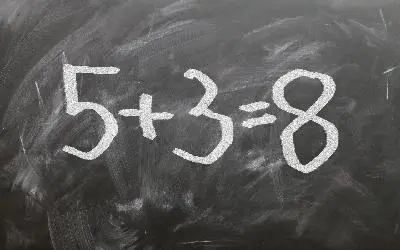As the start of a new school year approaches, I often ponder how many kids arrive at school fully prepared to EMBRACE LEARNING.
While many children sport the latest school gear, backpacks, and have had physical check-ups, there’s often one critical need overlooked: a thorough eye examination from an eye care professional.
This is a crucial step—one of the most vital—but regrettably, it’s frequently neglected. Numerous kids grapple with undiagnosed vision issues, commonly mistaken for learning disorders, ADHD, work avoidance, or behavioral issues.
The notion that children should be visually prepared to learn is gaining traction among policymakers. States like Kentucky, Missouri, and Illinois have enacted laws mandating compulsory eye exams for kids before they enter school, and there’s even a federal bill introduced in the Senate addressing this matter.
Keep in mind that 80% of the information processed by your child’s brain relies on their primary sense: vision
Vision encompasses more than having 20/20 sight. For instance, it involves coordinated eye muscles and maintaining focus at close range, akin to a fine motor task. Children with weak muscle tone often experience Convergence Insufficiency, a condition where their eyes struggle to converge when focusing on tasks like computer use, reading, schoolwork, or homework. Surprisingly, over 57% of school-age kids have undiagnosed vision issues because they’ve never undergone a thorough vision assessment by an eye doctor, a condition commonly missed by screenings.
While vision screenings can uncover severe vision problems, they often fall short and overlook many issues. This raises significant concerns about the efficacy of screening programs. They may mistakenly reassure individuals who “pass” the screening, delaying necessary examination and treatment for those who have actual vision problems. Moreover, these screenings primarily test distance vision, neglecting to assess near vision focus, eye coordination, or eye health. In many cases, screenings are administered by personnel or volunteers with minimal training, lacking the expertise of an eye care practitioner who dedicates years to studying vision.
There’s often a misconception regarding what passing a vision screening indicates. Just as a normal blood pressure reading doesn’t guarantee absence of other health issues, passing a screening provides only a single aspect of eye health. Similar to a comprehensive physical for overall health, a complete eye and vision examination is imperative for evaluating the entirety of eye health and vision status.
A comprehensive eye and vision examination can only be conducted by an optometrist or ophthalmologist, who has the training to screen and diagnose in eye structure and refraction. If your child has struggle from learning, learning disorder or special needs, make sure to see an eye care practitioner who has a fellowship in vision development (F.C.O.V.D.behind their Professional name), specialize in Functional, Vision information processing and Neuro-Vision Therapy.
REFERENCE FROM HTTP://WWW.DEVELOPMENTAL-DELAY.COM/PAGE.CFM/11



